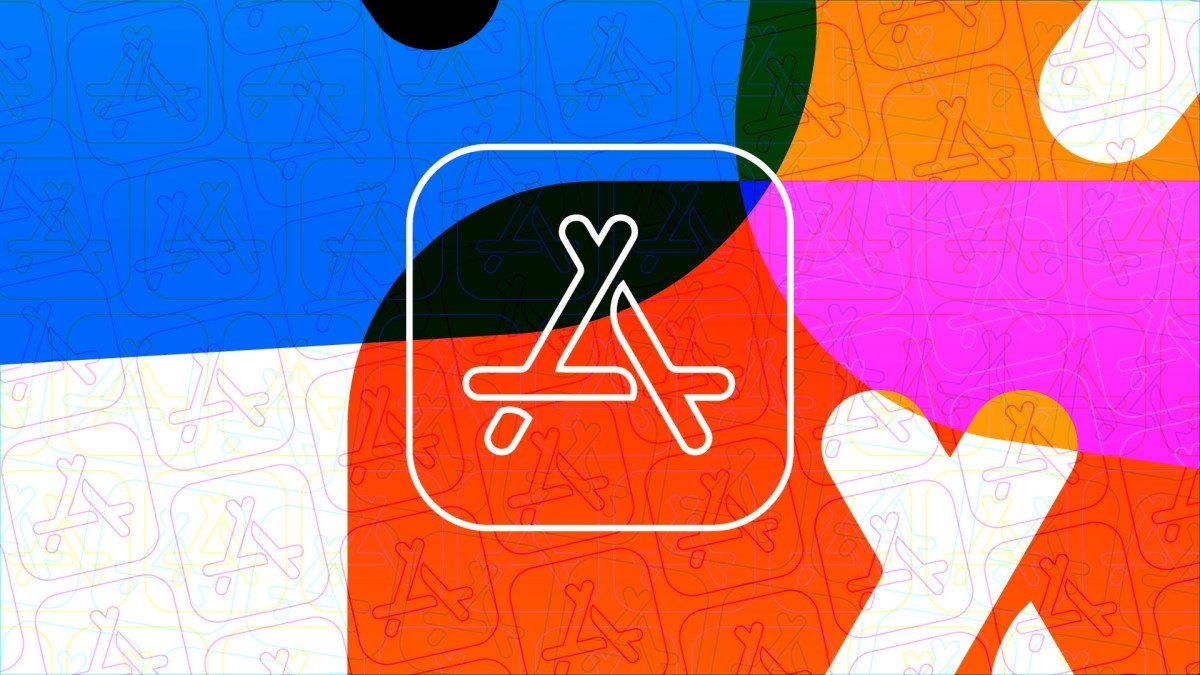No, according to Apple, the “Core Technology Fee” that has caused controversy among EU app developers is here to stay for those who choose to adopt the iPhone maker’s new business terms in compliance with the Digital Markets Act. However, the company has announced a few smaller changes based on feedback from app developers. For instance, corporate entities no longer have to sign up for the new DMA terms for all sub-accounts and a stand-by letter of credit is no longer required.
In addition, opting into the DMA terms is no longer a one-way switch. Under certain circumstances, developers now have the option to switch back to the existing terms, which means the standard 15% to 30% commission as opposed to the reduced commission under the new rules.
But these changes do not address the major complaints against Apple’s DMA rules, which involve the reduction of commissions on App Store purchases and the implementation of new fees. The main issue is the introduction of the “Core Technology Fee,” which requires developers to pay Apple €0.50 for each first annual install over 1 million for apps distributed outside the App Store.
Larger developers like Spotify and Epic Games have publicly criticized Apple’s plans to “comply” with the DMA, labeling it as “extortion” and “bad-faith” compliance. Other tech companies such as Meta, Mozilla, and Microsoft have also voiced their concerns about the DMA rules, with Meta CEO Mark Zuckerberg stating that the requirements are too burdensome for developers to adopt. A group of developers, led by Epic and Spotify, have even written an open letter to the European Commission, calling for swift action against Apple.
Apple has not made any changes to its fee structure with these updates. Instead, it has adjusted some of the less compliant terms, such as the rule requiring marketplace app developers to have a €1,000,000 letter of credit from a top-rated financial institution to receive the DMA entitlement. This previously prevented individual and smaller developers from signing up, which went against the law.
Another change is that larger corporate entities can now choose which of their developer accounts opt into the DMA rules. This was not possible before, as Apple required corporations to sign up each membership that they control if they wanted to adopt the DMA rules. This change allows various arms of a larger corporation to make their own business decisions and act accordingly.
It seems that Apple may have anticipated that these rules would not be accepted and decided to roll them back ahead of any official directive, as a way to show compliance and listen to its community.
Another change may seem like it would make it easier for developers to test the DMA rules and then switch back, but that’s not necessarily the case. Apple has clarified that developers can only terminate the DMA Addendum once without terminating their Developer Agreement – but only if they have never done business under the new terms. In other words, if the developer never actually started using the new terms.
Signing the agreement does not give developers the ability to terminate their agreement a second time if they have already done so, according to Apple. Additionally, developers who terminate their agreement will still be required to pay the Core Technology Fee within 30 days. They can later choose to opt back into the DMA rules, if desired.
These changes were announced alongside the release of Xcode 15.3 and the latest SDKs for iOS 17.4, iPadOS 17.4, macOS 14.4, tvOS 17.4, visionOS 1.1, and watchOS 10.4. Apple has stated that developers can now submit apps under the DMA terms and track the number of first annual installs their apps have accumulated.
The company also updated its App Review Guidelines to include references to the new DMA rules, stating that app developers cannot copy the names, icons, or imagery of other mobile platforms or alternative marketplaces. It is also not allowed to collect personal information on users without their explicit consent, and cannot use public databases to gather that information. Apps that do not comply with the guidelines will be blocked from installation, including on alternative app marketplaces.








